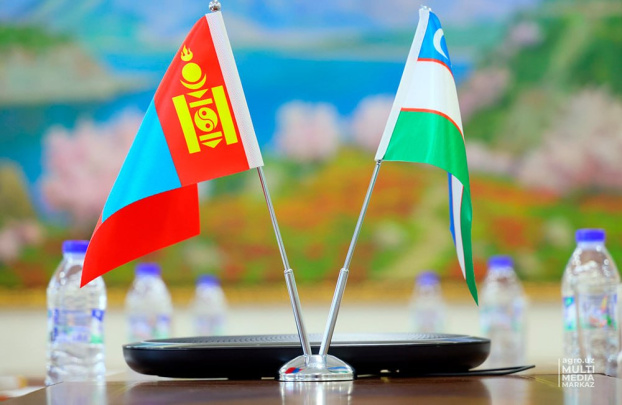In 2019, the share of the shadow economy in Uzbekistan’s GDP was 52.11%.
The Ministry of Economic Development and Poverty Reduction reported about it.
“Based on analysis and research, the indicators of the shadow economy in world countries are 8% in the United States, 36.5% in Brazil, 21.7% in Spain, 19.5% in Italy, 18.5% in Portugal, 18.4 % in Korea and 14.5% in China. In addition, 11% in Canada, 10.2% in Germany, 9.6% in the UK, 9% in Austria, 8.6% in Singapore and 8.1% in Japan,” the report said.
As for the countries of Central Asia (calculations based on the MIMIC model), as of 2019, the indicators were 52.11% in Uzbekistan, 40.76% in Tajikistan, 36.65% in Kazakhstan and 30.53% in Kyrgyzstan.
It is noted that the shadow economy has a negative impact on society and the state, in particular, it is:
- violation of the competitive environment and lack of transparency;
- decrease in the quality and quantity of products;
- reduction of tax revenues to the state budget;
- increasing the tax burden to support social and economic institutions;
- slowdown in economic growth.
At the end of March 2021, Deputy Minister of Finance Dilshod Sultanov shared plans to make electronic document flow one of the main tools in the fight against the shadow economy.






